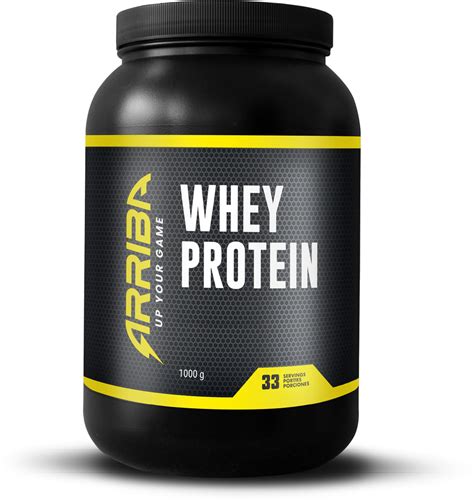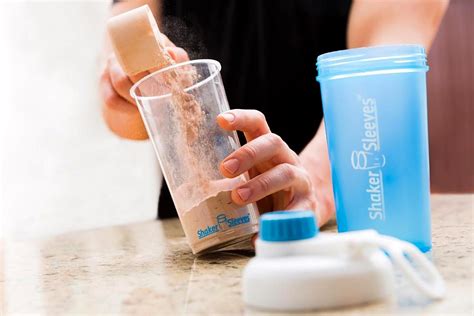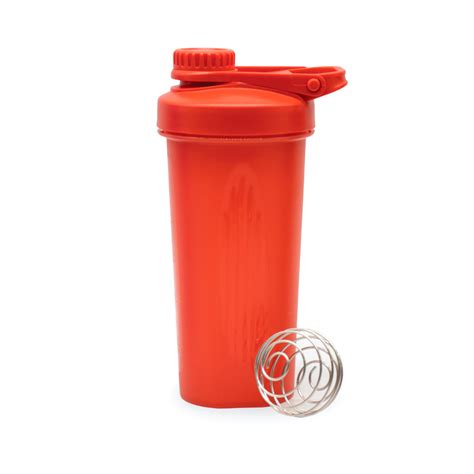Why Budget Protein Matters for Your Workouts
For anyone serious about fitness, protein is non-negotiable. It’s the building block for muscle repair and growth, and it plays a crucial role in providing sustained energy, especially during intense training. However, premium protein supplements can often come with a hefty price tag, making it challenging for budget-conscious athletes to maintain consistent intake. The good news? You don’t need to empty your wallet to adequately fuel your body. This article explores the best budget-friendly protein options that don’t compromise on quality or effectiveness for both energy and muscle repair.
Understanding Protein Needs for Workouts
Before diving into specific products, it’s important to understand why protein is so vital. During exercise, especially strength training, muscle fibers experience microscopic tears. Protein, broken down into amino acids, is essential for repairing these tears and rebuilding stronger muscle tissue. For energy, protein can act as a secondary fuel source, particularly during prolonged activity or when carbohydrate stores are low. Ensuring adequate protein intake helps prevent muscle breakdown and supports overall recovery.
Whey Protein: The Budget King
When it comes to bang for your buck, whey protein is often king. Specifically, whey protein concentrate offers an excellent protein-to-cost ratio. It’s a complete protein, meaning it contains all nine essential amino acids, including a high concentration of BCAAs (Branched-Chain Amino Acids) like leucine, which are crucial for muscle protein synthesis. Whey is rapidly digested, making it ideal for post-workout recovery when muscles are primed to absorb nutrients quickly.
While whey isolate is purer and faster-digesting, concentrate is generally more affordable and still highly effective. Look for brands that offer bulk tubs or sales to maximize savings without sacrificing quality.

Casein Protein: Sustained Release for Recovery
Casein protein, another dairy-derived option, offers a different advantage: slow digestion. Unlike whey, casein forms a gel in the stomach, releasing amino acids gradually over several hours. This makes it an excellent choice for sustained muscle repair, particularly before bed or during long periods without food. While it might be slightly pricier than some whey concentrates, it’s often comparable and can be a cost-effective way to support nighttime recovery and prevent muscle breakdown.
Plant-Based Proteins: Wallet-Friendly Alternatives
For those avoiding dairy or seeking vegan options, plant-based proteins have become increasingly accessible and affordable. Pea protein is a standout, offering a good amino acid profile and often priced competitively. Soy protein is another complete protein source that’s widely available and budget-friendly. Blends of rice and pea protein can also provide a complete amino acid profile, mimicking the benefits of dairy proteins.
Many plant-based proteins come in larger containers at reasonable prices, making them excellent choices for long-term, budget-conscious fueling.

Beyond Powders: Whole Food Protein Sources
While supplements are convenient, don’t overlook whole food sources of protein, which can be incredibly budget-friendly and offer additional micronutrients. Eggs are a perfect example: cheap, versatile, and packed with high-quality protein. Chicken breasts, especially when bought in bulk, offer lean protein for muscle repair. Legumes like lentils and chickpeas are incredibly inexpensive, high in protein and fiber, and can be incorporated into countless meals to support energy and recovery.

Key Factors When Choosing Budget Protein
- Ingredients List: Opt for products with minimal additives and fillers. The fewer ingredients, the better.
- Protein Per Serving: Compare the grams of protein per scoop/serving relative to the price. This is your true value metric.
- Sugar Content: High sugar content can negate some of the health benefits. Aim for low-sugar options.
- Mixability and Taste: While subjective, a poorly mixing or tasting protein is one you won’t use consistently, making it a waste of money.
Maximizing Your Protein Investment
Once you’ve chosen your budget protein, ensure you’re using it effectively. Timing is key: consuming protein post-workout helps kickstart muscle repair. Combining it with carbohydrates can further enhance recovery by replenishing glycogen stores and promoting insulin release, which aids amino acid uptake by muscles. Don’t forget hydration; water is vital for all metabolic processes, including protein synthesis.

Conclusion: Fuel Smart, Recover Strong
Building a strong, resilient body and maintaining high energy levels doesn’t require an expensive protein habit. By understanding the different types of protein, their benefits, and how to evaluate budget-friendly options, you can effectively fuel your workouts and support muscle repair without breaking the bank. Whether you choose whey, casein, plant-based powders, or focus on whole food sources, smart choices can lead to strong results, allowing you to train harder, recover faster, and reach your fitness goals efficiently and affordably.





